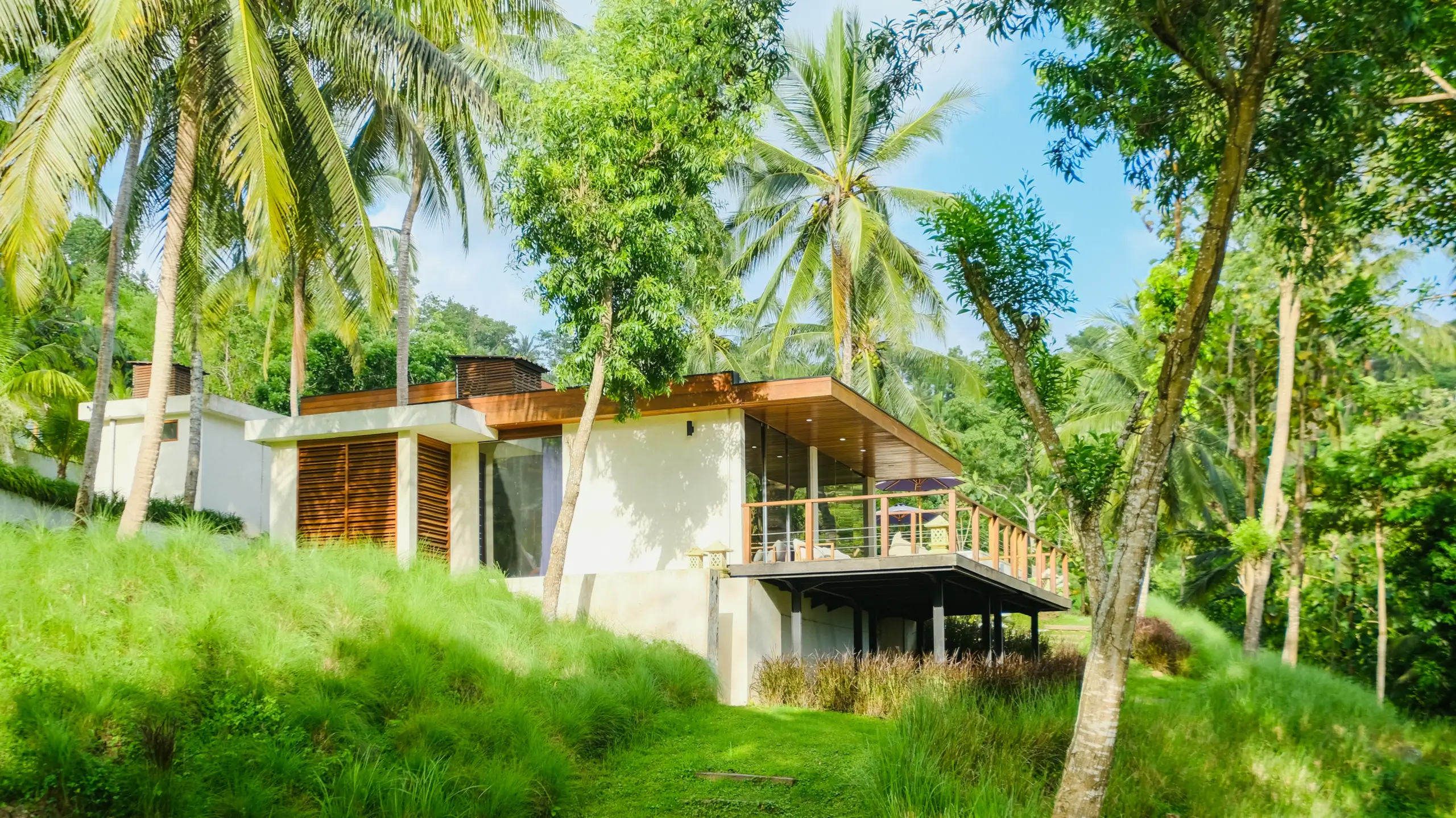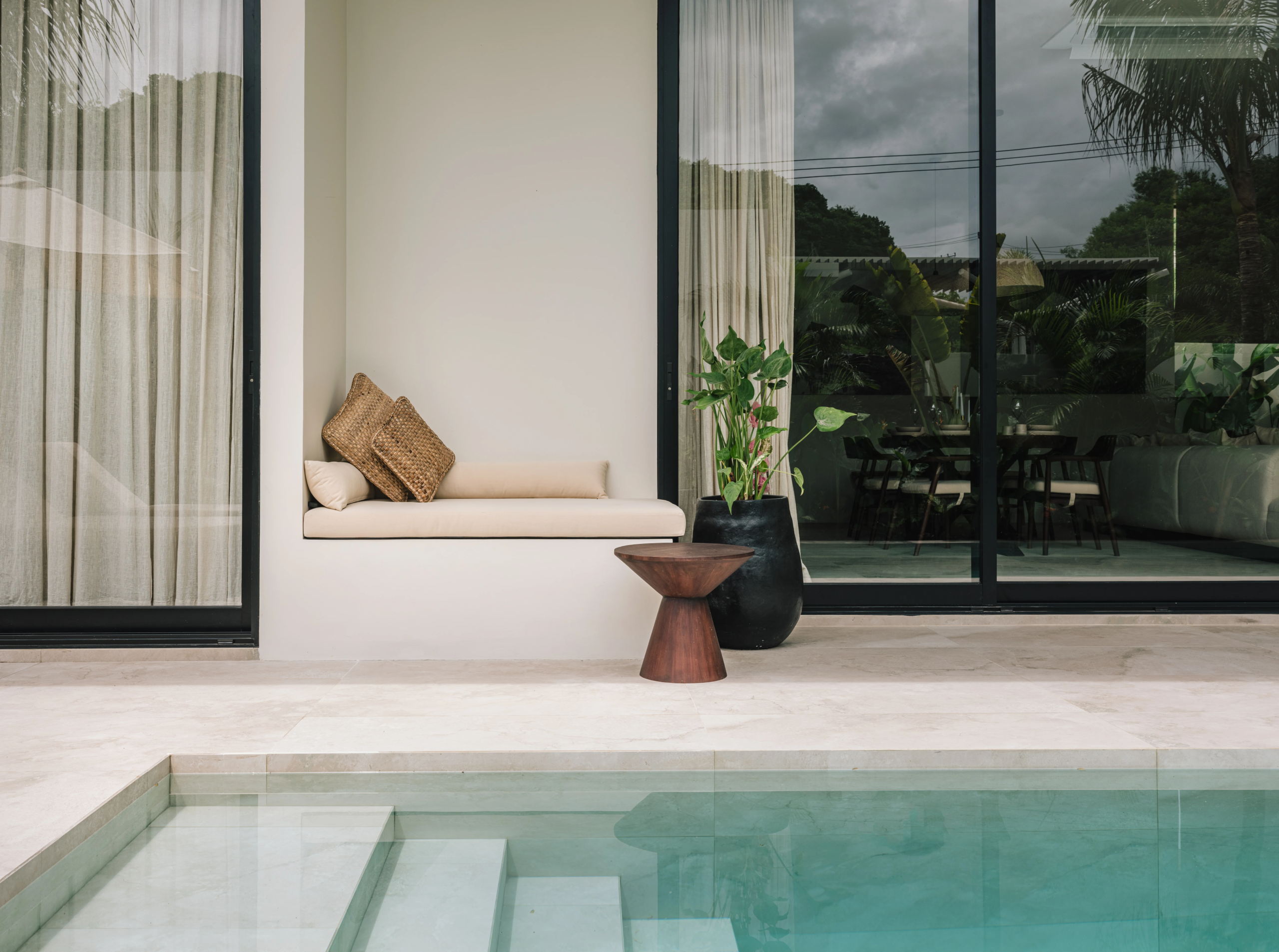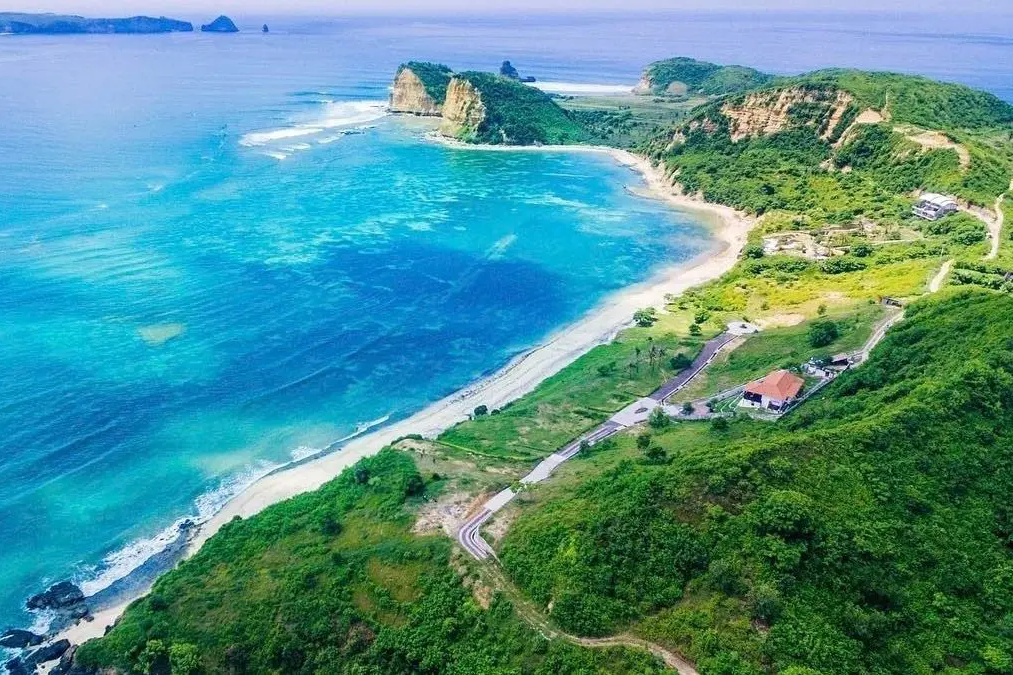Last Updated on September 20, 2024 by Yasmina
Lombok’s real estate market has attracted significant attention from both domestic and international investors due to its natural beauty, strategic location, and growing tourism sector. However, like any emerging market, There are Real Estate Market Challenges in Lombok that potential investors must carefully consider.
Below, we explore the key real estate challenges in Lombok’s real estate market, ranging from legal complexities to environmental concerns.
Table of Contents
1. Legal and Regulatory Hurdles
Indonesia’s legal framework surrounding property ownership, especially for foreign investors, can be complex and often presents challenges for those looking to invest in Lombok property. Understanding these legal intricacies is crucial to ensuring a successful investment.
A. Foreign Ownership Restrictions
Foreigners, including Lombok, cannot own freehold land in Indonesia. Instead, foreign investors can acquire property through leasehold agreements or by establishing a local company (PT PMA). While these mechanisms allow foreign investment, they have limitations and potential risks.
- Leasehold Agreements: Foreign buyers typically use leasehold agreements, which grant them the right to use the land for a set period (usually 25 to 80 years). However, leaseholds do not offer the same security as freehold ownership and renewal terms can be uncertain.
- PT PMA Structure: Establishing a PT PMA allows foreign investors to legally own property, but the process is complex and involves significant legal and financial considerations.
Example: Investors must navigate legal processes carefully to avoid potential pitfalls, such as unclear property titles or disputes over lease agreements. Working with a reputable legal expert is essential to ensuring compliance with Indonesian laws.
B. Bureaucratic Challenges
Navigating the Indonesian bureaucracy can be time-consuming and challenging, particularly when dealing with property transactions. Delays in obtaining necessary permits, inconsistencies in local regulations, and a lack of transparency can hinder the real estate investment process.
- Impact: These bureaucratic hurdles can lead to project development delays and increased costs, particularly for large-scale developments such as resorts or commercial properties.
Example: Real estate developers may face delays in obtaining building permits or zoning approvals, which can slow project timelines and impact return on investment.
C. Unclear Property Titles
Unclear or disputed property titles can complicate land ownership in Lombok. In some cases, multiple parties may claim land, or records may be incomplete or inaccurate. This issue is particularly prevalent in rural areas where land has been passed down through generations without formal documentation.
- Impact: If property titles are not clear or properly registered, investors may face legal disputes or difficulties in securing financing.
Example: A potential buyer might find that the land they are interested in has multiple claimants, leading to lengthy legal battles and uncertainty over ownership.
2. Infrastructure Limitations
While Lombok has seen significant improvements in infrastructure, particularly in tourist areas, the island still faces Real Estate Market Challenges in Lombok related to connectivity, utilities, and public services. These limitations can affect the feasibility and profitability of real estate projects.
A. Inconsistent Infrastructure Development
Infrastructure development in Lombok is uneven, with some areas, particularly in the south, still lacking essential services such as reliable electricity, clean water, and well-maintained roads. This inconsistency can pose real estate market challenges for developers and investors in Lombok, especially in more remote locations.
- Impact: Real estate projects in underdeveloped areas may require significant additional investment in infrastructure, increasing costs and timelines.
Example: A luxury villa development in South Lombok might need to invest in Lombok property, private water, and power systems due to the lack of reliable public infrastructure, driving up project costs.
B. Limited Public Transportation
Public transportation in Lombok is limited, affecting the accessibility of real estate developments, particularly for tourists who rely on transport options to explore the island. This limitation can impact the attractiveness of certain locations for investing in Lombok property.
- Impact: Properties located far from key tourist areas or transportation hubs may struggle to attract buyers or renters due to accessibility Lombok Real Estate Challenges.
Example: A resort located in a remote part of the island may find it difficult to attract guests without reliable transportation options, affecting occupancy rates and profitability.
3. Environmental and Social Concerns
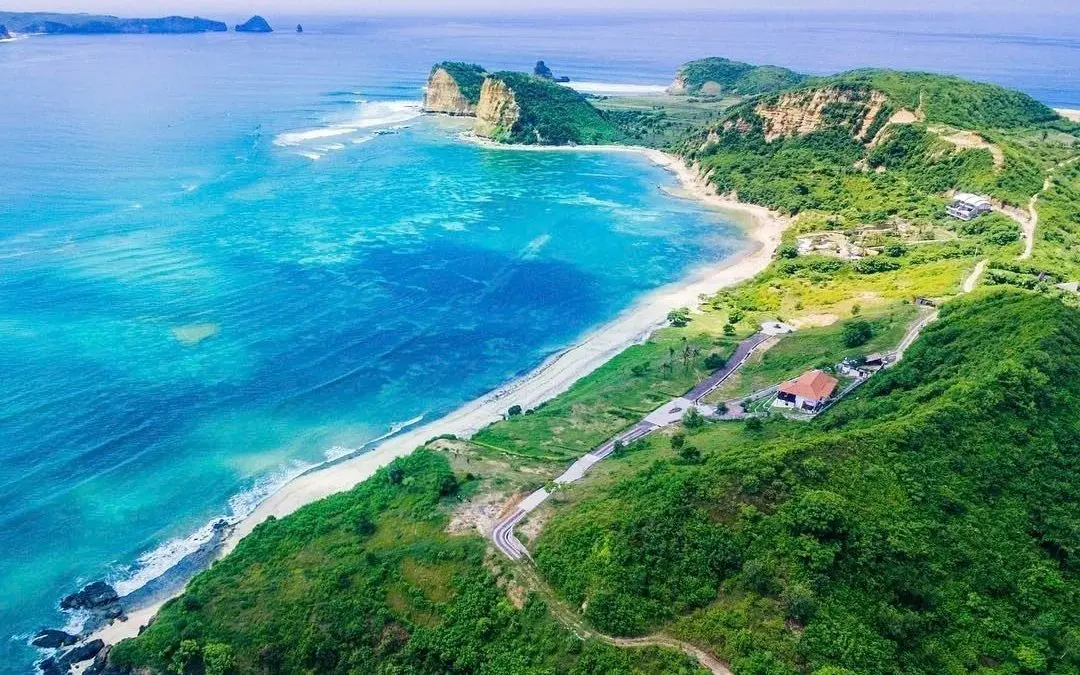
Lombok’s rapid development, particularly in the tourism and real estate sectors, has raised environmental and social Lombok Real Estate Challenges that need to be addressed to ensure sustainable growth.
A. Environmental Degradation
As Lombok’s real estate market grows, so does the risk of environmental degradation. Deforestation, coastal erosion, and pollution are growing concerns, particularly in areas undergoing rapid development. The island’s natural beauty, which is a key driver of its real estate market, is at risk if unsustainable practices continue.
- Impact: Environmental degradation can reduce the appeal of Lombok as a destination for tourists and residents, ultimately lowering property values and demand.
Example: Uncontrolled beachfront development can lead to erosion, negatively impacting both the environment and the long-term viability of properties in coastal areas.
B. Lack of Sustainable Development Practices
While there is a growing focus on eco-tourism and sustainable development in Lombok, many projects still fail to incorporate environmentally friendly practices. This lack of sustainability can have long-term consequences for both the environment and the real estate market.
- Impact: Unsustainable development can lead to stricter regulations in the future, potentially limiting the scope of new projects or increasing developers’ costs.
Example: A resort that does not prioritize waste management and energy efficiency may face higher operational costs or regulatory penalties in the future.
C. Displacement of Local Communities
The influx of real estate development has also raised concerns about the displacement of local communities. As land values rise, local residents may be pushed out of their homes and traditional livelihoods, leading to social tensions and resistance to further development.
- Impact: Social unrest or resistance from local communities can delay or derail real estate projects, leading to financial losses and reputational damage for developers.
Example: A development project that displaces a local village may face protests or legal real estate challenges, creating delays and increasing costs.
4. Market Volatility and Economic Risks
Lombok’s real estate market, like any emerging market, is subject to volatility and economic risks. Investors must be aware of these potential Real Estate Market Challenges in Lombok when considering investing in Lombok property
A. Fluctuations in Tourism Demand
Lombok’s real estate market is heavily reliant on tourism, making it vulnerable to fluctuations in global travel trends. Events such as natural disasters, economic downturns, or pandemics can lead to sudden drops in tourist arrivals, affecting demand for rental properties, hotels, and resorts.
- Impact: A decline in tourism can lead to lower occupancy rates, reduced rental income, and decreased property values, particularly in areas heavily dependent on the tourism sector.
Example: The COVID-19 pandemic significantly impacted Lombok’s tourism industry, leading to a sharp drop in demand for vacation rentals and hotel properties.
B. Economic Uncertainty
Indonesia’s broader economic conditions, including inflation, currency fluctuations, and changes in government policy, can also impact Lombok’s real estate market. Investors must be prepared for potential economic shifts affecting property values and returns.
- Impact: Economic instability can reduce investor confidence, slow property sales, and make securing financing difficult.
Example: A sudden devaluation of the Indonesian rupiah could make it more expensive for foreign investors to purchase or maintain properties in Lombok, reducing demand.
C. Overdevelopment Risk
As interest in Lombok’s real estate market grows, there is a risk of overdevelopment, particularly in popular areas like Kuta Lombok and Senggigi. An oversupply of properties can lead to market saturation, driving down prices and making it harder for investors to achieve strong returns.
- Impact: Overdevelopment can result in lower rental yields, more extended vacancy periods, and slower property appreciation.
Example: If too many luxury villas are built in a short period, the market may struggle to absorb the supply, leading to lower rental rates and property values.
5. Financing and Investment Barriers
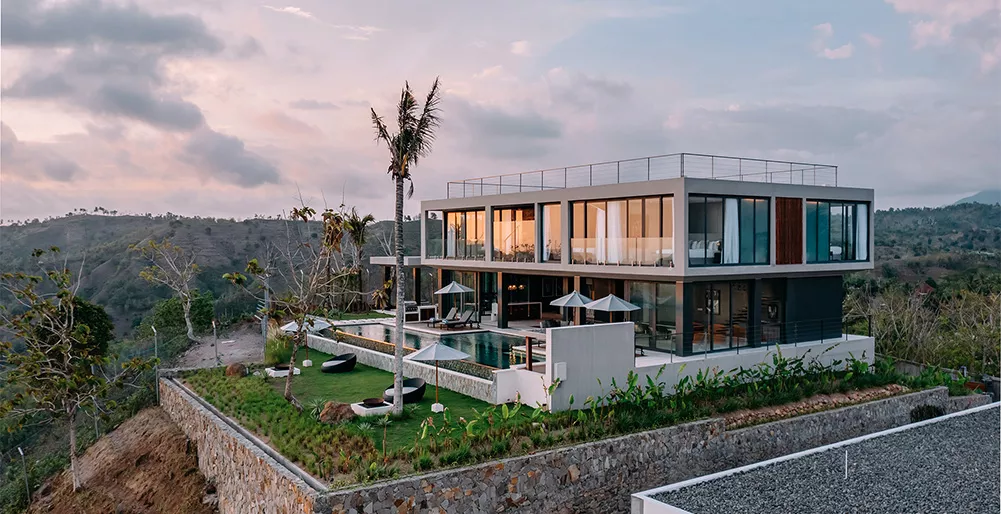
Securing financing for real estate projects in Lombok can be challenging, particularly for foreign investors who may face higher interest rates, stricter lending criteria, and limited access to local financing options.
A. Limited Financing Options for Foreigners
Foreign investors often find it challenging to secure financing from Indonesian banks, which typically offer more favorable terms to local buyers. This can make it challenging for foreigners to purchase property or fund large-scale developments.
- Impact: Limited access to financing can reduce the number of potential buyers and investors, slowing market growth and making it harder for developers to secure funding.
Example: A foreign investor may need to rely on cash purchases or seek financing from international lenders, both of which can limit their purchasing power.
B. High Interest Rates
Even when financing is available, interest rates in Indonesia are often higher than in other markets, increasing the cost of borrowing and reducing overall returns on investment.
- Impact: Higher financing costs can deter potential buyers and reduce the profitability of real estate projects.
Example: A developer may face higher-than-expected interest payments on a loan, reducing the project’s margins and making it less attractive to investors.
Conclusion
While Lombok offers significant opportunities for real estate investment, the market also presents a range of Lombok real estate challenges that investors must navigate. From legal complexities and infrastructure limitations to environmental concerns and market volatility, understanding these risks is essential for making informed investment decisions. By working with local experts, conducting thorough due diligence, and adopting sustainable practices, investors can mitigate these Lombok real estate challenges and capitalize on Lombok’s growth potential.
About Nour Estates
We started Nour Estates with a simple idea: to make finding your dream property in Indonesia as easy and enjoyable as a day at the beach. Our team is a mix of local folks and people from around the world who fell in love with Indonesia just like you. We’ve been in your shoes, faced the Lombok real estate challenges of buying land here, and learned all the ins and outs. Now, we’re here to share that knowledge with you.
We are here to find you the perfect property to invest in. Contact us today, and let’s start this exciting journey together!



